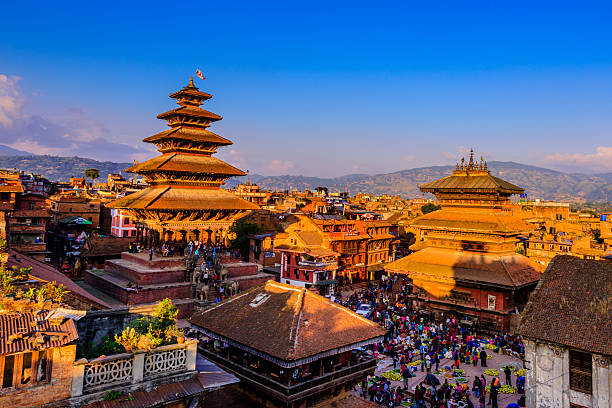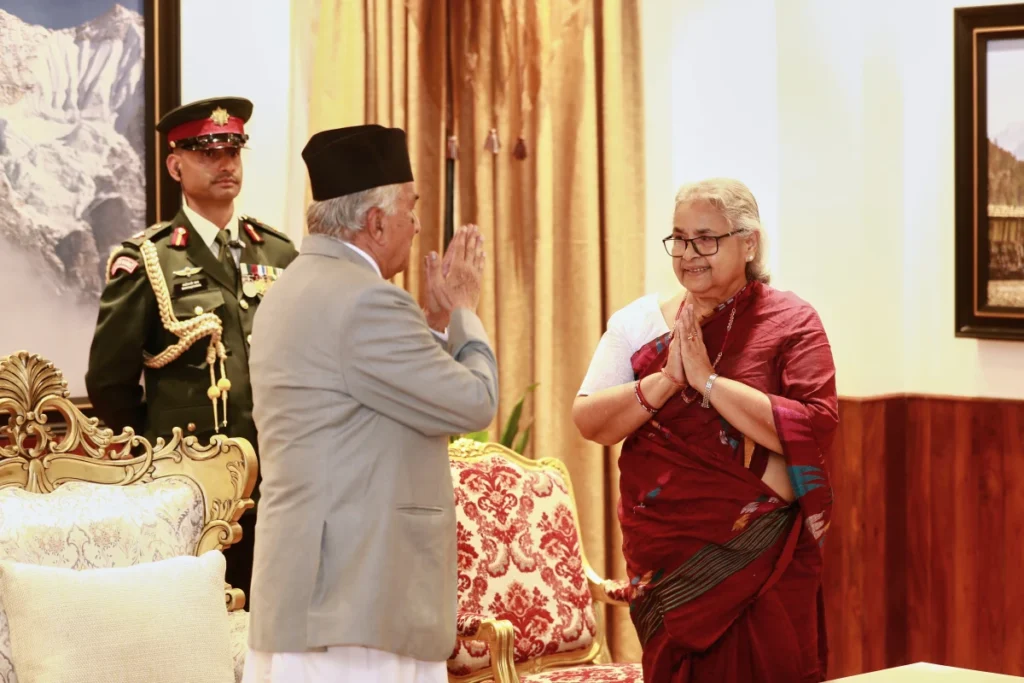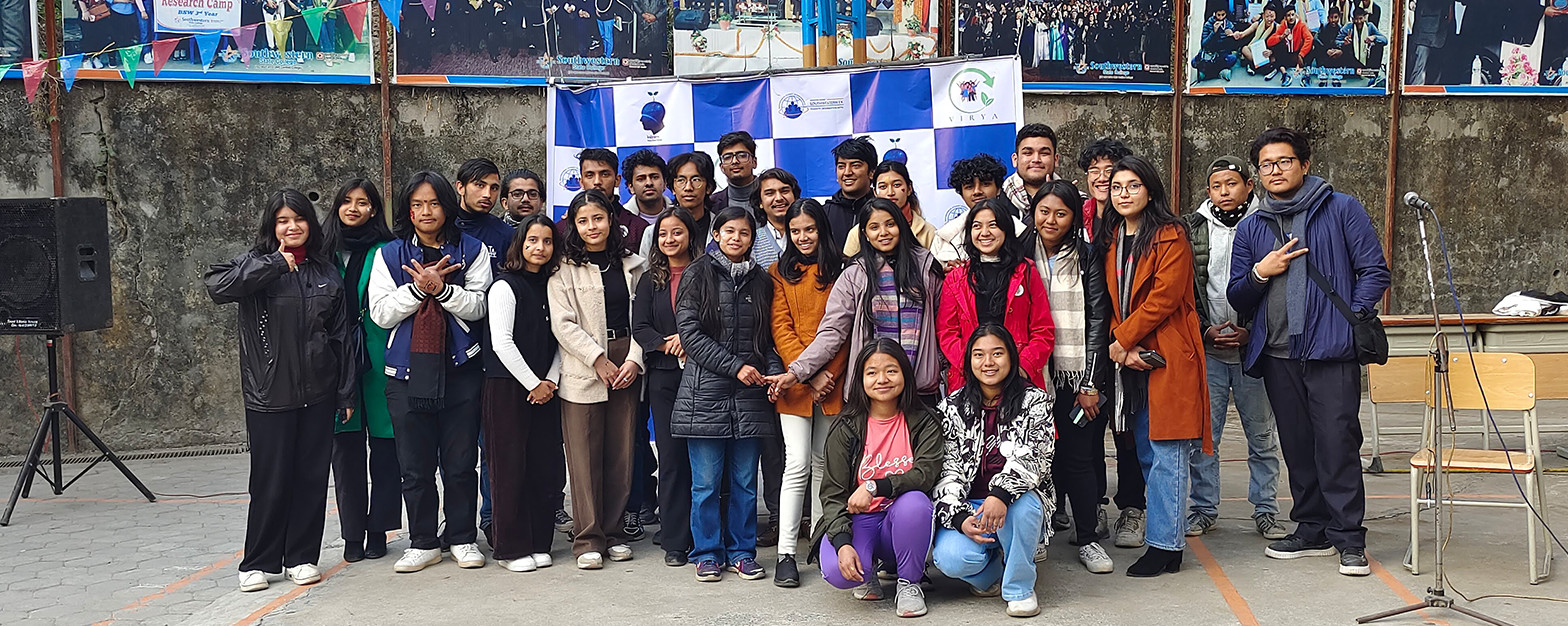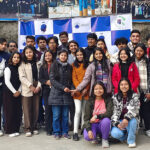Now Reading: Nepal’s Digital Nomad Visa: Opportunity, Economics and the Policy Road Ahead
-
01
Nepal’s Digital Nomad Visa: Opportunity, Economics and the Policy Road Ahead
Nepal’s Digital Nomad Visa: Opportunity, Economics and the Policy Road Ahead
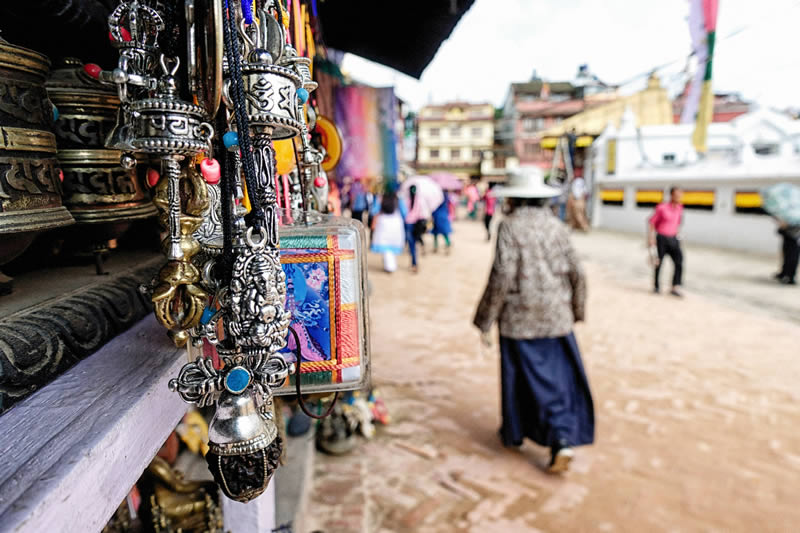
In 2025 Nepal moved from casual talk to concrete proposals for a dedicated Digital Nomad Visa — reportedly a five-year, multiple-entry residence permit designed for remote workers who earn income from outside Nepal.
In 2025 Nepal moved from casual talk to concrete proposals for a dedicated Digital Nomad Visa — reportedly a five-year, multiple-entry residence permit designed for remote workers who earn income from outside Nepal. Early reports indicate eligibility thresholds (for example, a minimum monthly income of about US$1,500 or a minimum savings balance), comprehensive health-insurance requirements, and permissions such as opening bank accounts and registering vehicles. If well-designed and carefully implemented, a digital nomad visa could bring steady foreign spending, new skills and know-how, and longer-term tourism diversification to Nepal. But the program will also create policy and practical challenges: taxation and regulatory design, infrastructure and service quality, social effects on local markets (housing and prices), and the need to protect local labor markets and communities from unintended harm. Kathmandu PostTravel Trade JournalDigital Nomad Asia
What the proposal looks like (what’s been reported so far)
Multiple Nepali outlets and international travel / policy sites reported that the government — through economic reform planning bodies — is preparing to introduce a one-time, 5-year multiple-entry digital nomad visa. Key details reported repeatedly in May–June 2025 include:
- Visa length: five years (often described as annual stays renewable up to five years).
- Minimum income / assets: common proposals mention US$1,500 per month or US$20,000 in savings as eligibility thresholds.
- Insurance: applicants would need comprehensive international health insurance (reports mention coverage minima such as US$100,000).
- Rights/permissions: holders may be allowed to open local bank accounts, register vehicles, and bring dependents (spouse/children).
- Tax regime: some drafts discuss a special flat or preferential tax treatment (rumoured proposals include a low flat rate such as 5% on income spent in Nepal or on locally sourced income) — exact tax rules were still under discussion at publication time. Kathmandu PostTravel Trade JournalNomads Embassy
These are early policy signals, not final law. Final design will determine how much economic benefit Nepal actually captures.
Why digital nomads matter — empirical and conceptual benefits
Digital nomads are not just tourists on extended trips: they are location-independent workers who bring sustained foreign spending, new networks and, sometimes, transferable skills. Research and market reports identify several repeatable benefits:
- Higher than average per-visitor spending and longer stays. Multiple surveys find digital nomads typically stay months rather than days and spend on housing, coworking, dining, transport and services — producing steadier demand than short-stay tourists. Global reports estimate the digital-nomad economy to be large and growing. Global Citizen SolutionsSavvy Nomad
- Off-season and regional dispersal. Nomads are less tied to peak-season windows and often choose lower-cost secondary cities and rural areas with good internet — a pattern that can lengthen tourism seasons and help revive underused destinations. Case studies (e.g., Chiang Mai, Madeira) show the potential to reuse existing tourism infrastructure year-round. ResearchGateWIRED
- Knowledge spillovers and entrepreneurship. Remote workers often create or join local co-working communities, offer workshops, run meetups, and sometimes found small startups or remote service firms — injecting skills and entrepreneurial energy into local ecosystems. ScienceDirect
- Foreign currency inflows and tax opportunity. Because nomads earn in foreign currency and spend locally, they act like exported services: their spending strengthens FX receipts. Properly taxed or feeed, they can provide a new revenue stream with relatively low pressure on public services compared with mass migration. Harvard International Review
A simple numbers illustration (how much could Nepal gain?)
A worked example helps show scale. Suppose Nepal attracts 1,000 digital nomads who each spend US$1,500 per month in Nepal:
- Monthly foreign spending = 1,000 × 1,500 = US$1,500,000.
- Annual foreign spending = 1,500,000 × 12 = US$18,000,000.
Even modest tax or fee regimes (for example, a one-time visa fee, annual registration fees, or a low flat tax on local spending) — combined with multiplier effects in hospitality, transport and services — could generate substantial revenue in hard currency. The real upside grows if nomad numbers rise to many thousands and if they stay in regional hubs beyond Kathmandu. (This example is illustrative; final outcomes depend on actual arrivals, length of stay and local spending patterns.)
Research also suggests digital nomads’ spending patterns vary widely — many spend significantly more than the US$1,500 baseline, while others live leaner. Still, the example shows the order of magnitude of potential gains. A BROTHER ABROADGlobal Citizen Solutions
How Nepal can design the visa to maximise benefits
Policy design will determine whether the visa is a revenue and skills boon — or a missed opportunity. Practical design choices Nepal should prioritise:
- Clear, simple eligibility and transparent fees. Eligibility thresholds (income/savings/insurance) must be predictable. Reasonable visa fees and a transparent tax approach will reduce avoidance and attract quality applicants. Travel Trade Journal
- Tax clarity and simplicity. Decide whether nomads will be taxed on local spending, local-source income only, or enjoy a flat temporary tax. A clear, attractive tax regime (with limits and timeframes) reduces compliance friction and encourages longer stays. Several countries pair nomad visas with a simple tax code or withholding regime to avoid double taxation headaches. Nomads EmbassySkift Research
- Banking, payments and digital infrastructure. Allowing nomads to open bank accounts, transfer funds, pay local taxes and receive payments easily will increase local spending and investment. Partnering with fintech and banks to offer simple onboarding, KYC and foreign-currency services is crucial. Kathmandu Post
- Connectivity and co-working ecosystem. Investment in reliable high-speed internet, stable power, and certified coworking spaces (including quieter regional hubs) will determine where nomads locate. Nepali cities outside Kathmandu (Pokhara, Pokhari-adjacent towns, selected hill towns) could be competitive with lower costs and good views. ResearchGate
- Community integration and local engagement rules. Policies encouraging nomad engagement with local communities (workshops, mentorship, local hiring) help produce lasting benefits and reduce social friction. Incentives for nomads to collaborate with Nepali startups or NGOs can create skills transfer. ScienceDirect
- Monitoring, data collection and evaluation. Build metrics (average stay, average spend, sectoral distribution) into the visa process so policymakers can refine the program and measure impact. ScienceDirect
Risks and challenges (for Nepal and for nomads)
For Nepal
- Housing affordability & gentrification. In successful nomad hubs, short-term rental demand pushed up housing prices for locals. Nepal must guard regional housing markets and incentivise long-term housing supply rather than short-term tourist rentals. WIRED
- Service and infrastructure strain. Concentrated influxes could stress local utilities (internet, water, waste) if not planned. Investments must precede promotion. ScienceDirect
- Regulatory and tax complexity. Poorly designed tax rules will either scare off nomads or leave Nepal unable to capture fair revenue. The government must balance attractiveness with fiscal prudence. Nomads Embassy
- Social and cultural friction. Rapid cultural change can create backlash; careful community engagement and local benefit sharing are needed. ResearchGate
For Nomads
- Legal clarity and residency rights. If visa rights are vague (work restrictions, local business rules, tax rules), nomads face legal risk; predictable rules for banking, insurance and health are essential. Travel Trade Journal
- Quality of services. Some nomads expect excellent internet, reliable power and good coworking; gaps will reduce Nepal’s competitiveness. ScienceDirect
- Health and safety access. Insurance acceptance, medical evacuation options and COVID-era health protocols must be clear. Reports mention proposed insurance minima in Nepal’s drafts. Travel Trade Journal
Practical policy recommendations (summary for Nepali government)
- Publish a clear policy package (visa rules, fees, tax rules, banking access) so potential nomads can evaluate reliably. Kathmandu Post
- Pilot a regional hub approach — focus early promotion on 2–3 cities (Kathmandu, Pokhara, and a hill town) with upgraded broadband, certified coworking spaces, and monitored data collection. ResearchGate
- Adopt a simple tax/fee model (e.g., modest visa fee + optional flat tax if staying beyond 183 days) and bilateral tax clarifications to avoid double taxation problems. Nomads EmbassySkift Research
- Require and verify insurance, background checks, and minimum income to keep arrivals high-value and low-cost to public services. Travel Trade Journal
- Protect local housing and services with zoning, incentives for long-term rental development, and limits on short-term platform rentals in vulnerable neighborhoods. WIRED
Conclusion
Nepal’s digital nomad visa is an opportunity to convert global remote-work trends into sustained foreign spending, skills transfer and off-season tourism for the country. Early reports of a five-year, multiple-entry visa with income and insurance thresholds suggest the government is aiming for quality over volume — a sensible starting point. The ultimate success will depend on careful policy design: clear taxation and banking rules, local infrastructure upgrades, housing protections, and community engagement. Done right, the visa could diversify Nepal’s tourism economy and create resilient, year-round foreign-exchange earnings; done poorly, it risks social friction, missed revenue and reputational setbacks. Kathmandu PostGlobal Citizen Solutions

